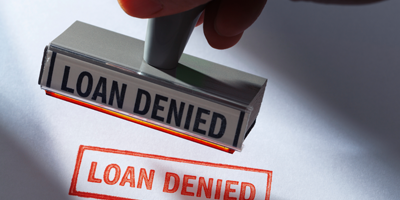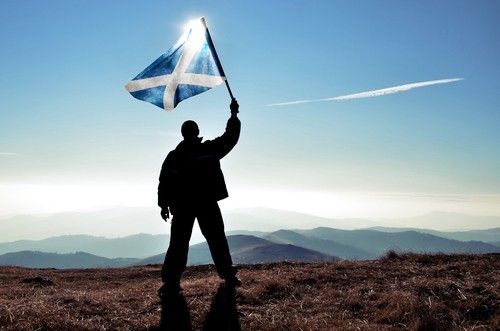Articles Hub
The latest insights and trending topics from Begbies Traynor Group
Latest Articles
10/10/2025
Read MoreBegbies Traynor Group announces UK management board with Thomas McKay as new Scotland and Northern Ireland managing partner

15/07/2025
Read More53 jobs at Summit 1977 saved as it is bought out of administration

01/07/2025
Read MoreWho gets paid first when a company goes into liquidation?

17/06/2025
Read MoreWhat happens when a company goes into liquidation?
Closure Options

17/06/2025
Read MoreWhat happens when a company goes into liquidation?

10/11/2023
Read MoreIf my company is liquidated, am I personally liable for product guarantees and warranties?

20/05/2024
Read MoreHow to close a limited company

20/10/2023
Read MoreWhat does it mean when a company has ceased trading?
Director Advice
Finance

18/06/2021
Read MoreI cannot pay my Bounce Back Loan – What options do I have?

21/03/2020
Read MoreOptions When your Company is Refused Finance

06/03/2024
Read MoreDoes my personal credit score matter when applying for credit for my business?

01/05/2024
Read MoreWhat is an Independent Business Review?

















